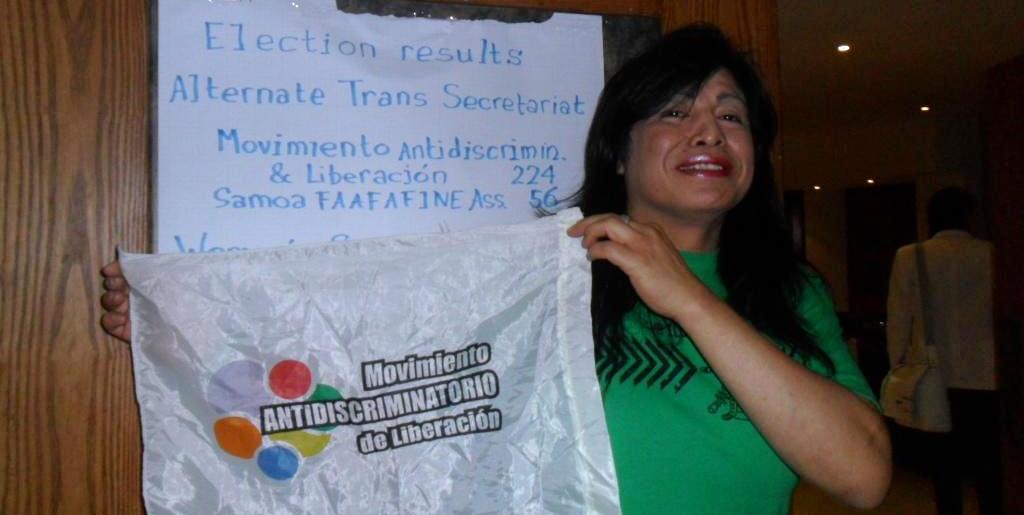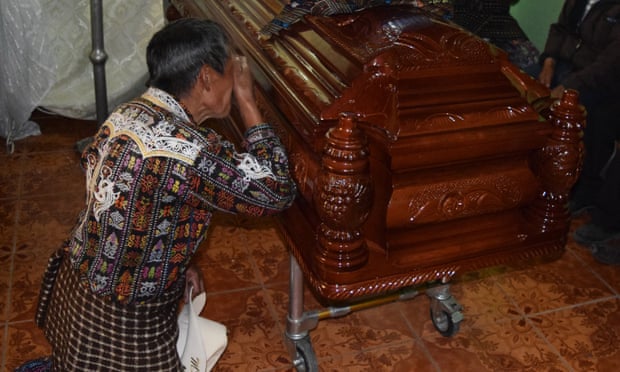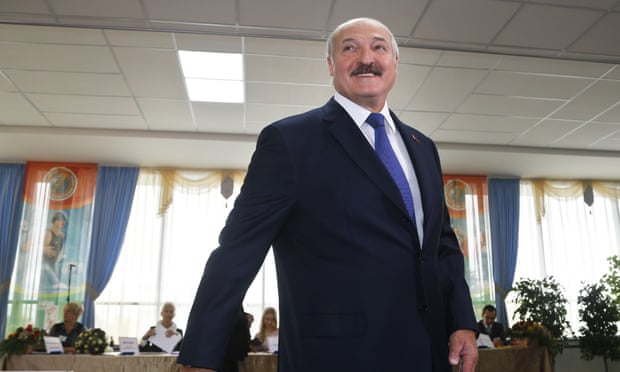By Kaitlyn Degnan
Impunity Watch, South America
BUENOS AIRES – Argentina — Diana Sacayan, a well-known Argentine transgender activist was found dead at age 40 in her Buenos Aires apartment. Her body showed signs of violence, including multiple stab wounds.

She is the third transgender woman in Argentina to have been killed in the past thirty days: Marcela Chocobar and Coty Olmos were also violently killed in Santa Fe and Santa Cruz.
Sacayan was a leader of the Antidiscrimination Liberation Movement in Argentina, and was on the board of the International Lesbian, Gay, Bisexual, Trans and intersex Association.
Amnesty International, among other organizations, are calling on Argentinian authorities to investigate the violence. Mariela Belski, executive director of Amnesty International Argentina said that, “A dark cloud has set over Argentina’s trans community. Unless this latest wave of murders is effectively investigated and those responsible taken to justice, a message will be sent that attacking trans women is actually OK.”
In 2014, the Argentine Homosexual Community reported 14 hate-crime murders.
Argentinian President Cristina Fernandez de Kirchner has asked the national security services and the Metropolitan police to investigate the killing. President Fernandez personally issued Sacayan’s new national identification card in 2012. Sacayan was the first person in Argentina (one of the few countries that allows citizens to change the gender on official identification documents) to have her national ID changed.
Argentina’s Special Crime Unit Against Gender Violence has made a formal motion to classify Sacayan’s death as a femicide, so the case can be investigated and tried as such. Argentina has recently seen spiked levels of femicide, with a woman being killed about one every thirty hours in the country.
Following the news of Sacayan’s death, social media was inundated with tributes and messages of outrage over her death. A vigil outside of Argentina’s supreme court building drew dozens of supporters.
Latin America has some of the highest murder rates for transgender persons, according to Amnesty International. Activist group Transgender Europe reports that from 2008 until 2014, approximately 78% of the 1,731 murders of transgender and gender-diverse persons worldwide occurred in Latin America.
For more information, please see:
Reuters – UPDATE 1-Outcry over the killing of three transgender women in Argentina – 14 October 2015
TeleSur – Argentine President Demands Inquiry into Trans Activist’s Death – 14 October 2015
BBC – Argentina transgender killings spark outcry – 15 October 2015

